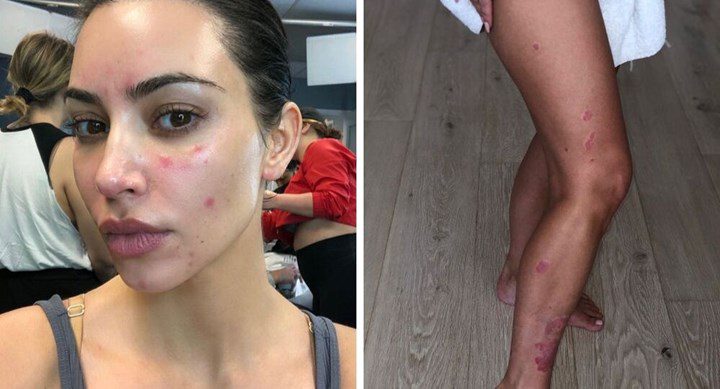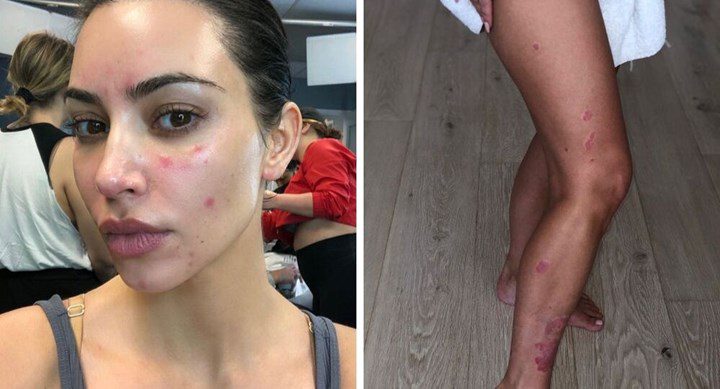
If you’re suffering from having red, scaly, inflamed, and itchy patches around your skin that sometimes cause burning sensations or even bleeding, there’s a big chance that you could have Psoriasis. But don’t worry – you are not alone. In fact, 7.5 million people in the United States are affected with psoriasis, and not even celebrities like Kim Kardashian or Cara Delevigne are spared from this disease. Although psoriasis is a common ailment, there are still many things about it that the public misunderstands, which is why we’re here to help clear things out.
1. Psoriasis is not just a rash. It is an autoimmune disease.
We tend to mistake psoriasis with just another rash, but many experts believe it is an autoimmune disease, meaning that specific triggers can cause the immune system to malfunction by launching an inflammatory response to attack healthy cells. These triggers result in having a build-up of red, scaly, and inflamed skin plaques.
2. Psoriasis is not contagious.
When you see someone with flushed, scaly patches of skin, don’t be afraid to shake their hands or hug them. Psoriasis is not contagious; therefore, you shouldn’t treat the person struggling with them differently. However, studies have shown that psoriasis can come from genetics, and if both of your parents have them, there is a 50% chance you will get them as well.
3. Psoriasis is not curable, but it is manageable.
To date, there is still no cure for psoriasis – but that doesn’t mean you should give up hope. This chronic skin disorder is easily manageable if you go and see a dermatologist who can recommend the right treatment plan, whether using skincare products, applying topical medication, or changing your lifestyle. If you’re seeking a dermatologist who can help you with this skin condition, you may visit the National Psoriasis Foundation (NPF) Patient Navigation Center for assistance.
4. There are different kinds of psoriasis.
Psoriasis can manifest itself in more than one way. The most common type we see is plaque psoriasis, which translates into having red scaly patches on the skin. However, 30% of people suffer from psoriatic arthritis, which happens when there is joint inflammation.
5. Psoriasis can appear all over your body.
The most common parts of your body that psoriasis takes over are your scalp, elbows, knees, hands, and feet. Patches on the scalp can even lead to hair loss, and when psoriasis occurs around your nail beds, sometimes the nails can become brittle and not grow back.
6. An unhealthy lifestyle makes psoriasis worse.
While half of the psoriasis cases are genetic, environmental factors cause the other half. Stress, alcohol consumption, smoking, lack of sunlight, viral infections, and certain medications usually trigger flare-ups in adults. If you want to keep your psoriasis dormant, try to maintain a healthy lifestyle with proper exercise and diet. Studies even show that a Mediterranean diet is a key to slow down psoriasis progression.
7. Psoriasis can cause other diseases.
If not treated, psoriasis can lead to other more severe diseases such as heart disease, obesity, hypertension, type 2 diabetes, and even depression. Since psoriasis causes inflammation in and around your body, it is highly plausible for inflammation to affect your blood vessels and interfere with the transfer of blood and oxygen needed to function correctly.
8. Most people have mild cases.
Luckily, the majority of people living with psoriasis only experience mild cases. Only 20% have moderate to severe cases, wherein severe cases cover more than 5 percent of the body’s surface area.
If you suspect that you are exhibiting symptoms of psoriasis or know someone who is, be sure to contact your doctor or visit the NPF website to ask for the necessary help.






0 Comments